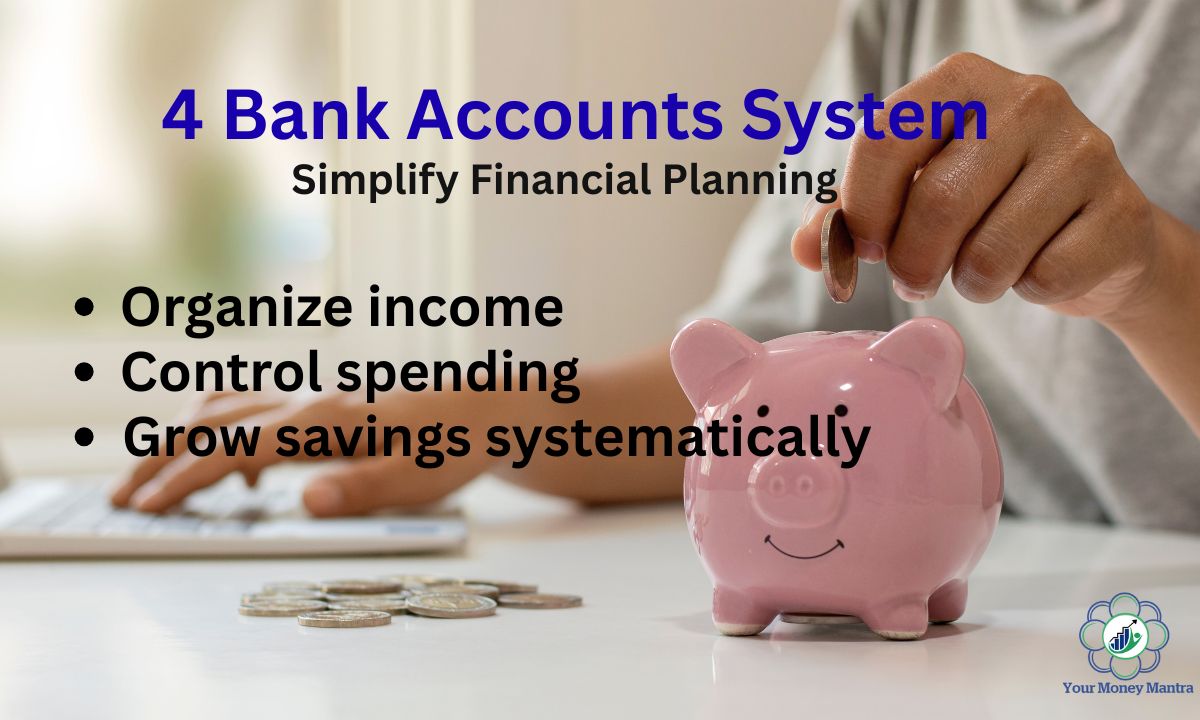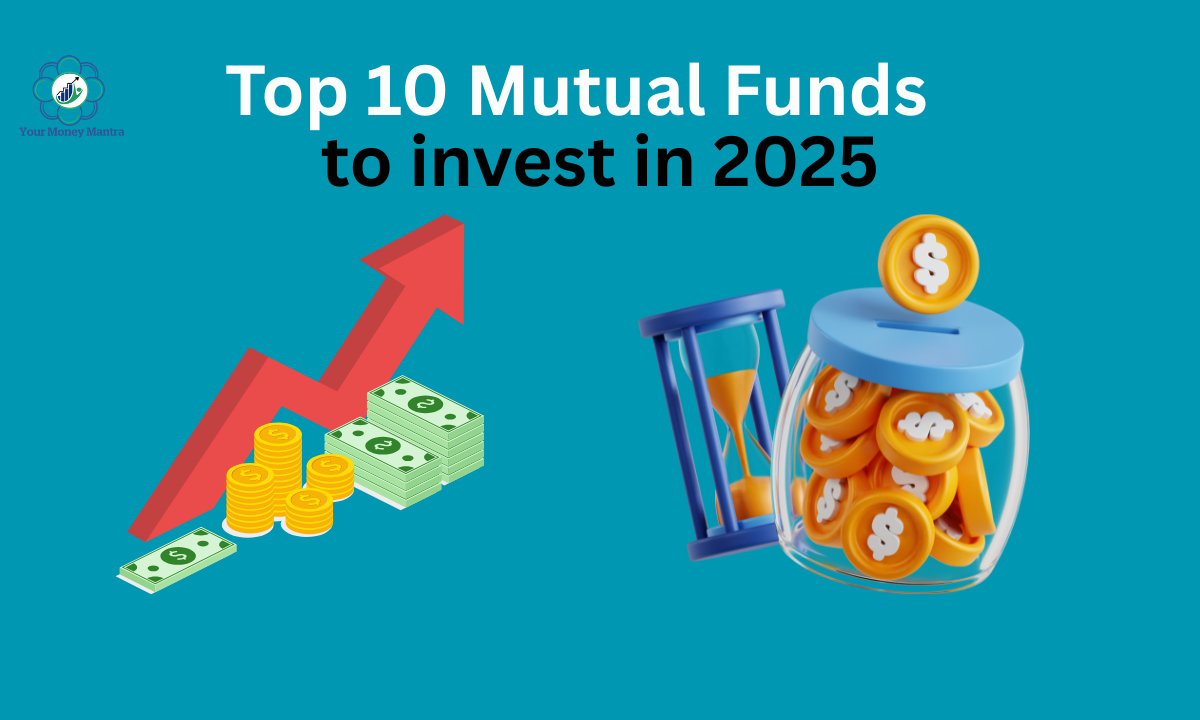Are you thinking about the best age to start Retirement planning . ? you are right as retirement planning is one of those topics that often gets pushed to the bottom of our priority list, especially in our 20s and 30s when other financial goals like buying a house, traveling, or starting a family seem more urgent. However, if you live in India and hope to enjoy a stress-free and financially secure retirement, the age at which you start planning can make all the difference.
We will explore the ideal age to begin retirement planning, why starting early is crucial, how retirement needs are evolving in India, and the steps you can take to get started right now.
Why is Retirement Planning Important in India?
Unlike many Western countries, India does not offer a universal social security system for its citizens. While government employees often have pensions, those in the private sector or self-employed do not have any guaranteed post-retirement income unless they build it themselves.
Moreover, due to medical advancement, increasing life expectancy means you could spend 20-30 years or more in retirement. Inflation, rising medical costs, and changing family structures (like the shift to nuclear families) make it even more essential to be financially prepared.
“Failing to plan is planning to fail” is especially true when it comes to retirement Planning.”
The Ideal Age to Start Planning for Retirement
The best time to start retirement planning is as soon as you start earning, ideally in your early 20s.
Let’s break it down by age groups to understand the pros and cons:
In Your 20s (Ideal Time)
- Why It’s Perfect:
-
Maximum time for compounding: Starting early allows your investments to grow significantly over time due to the power of compounding. The earlier you begin, the more your money can multiply.
-
Lower financial responsibilities: Most people in their 20s have fewer financial burdens, such as EMIs or family responsibilities. This makes it easier to allocate a portion of income toward long-term goals.
-
Can start with smaller amounts: Even modest monthly savings, if started early, can accumulate into a large retirement corpus.
-
- How to Start:
-
Begin a SIP (Systematic Investment Plan): SIPs in mutual funds help you invest regularly in a disciplined manner. Equity mutual funds, especially, are ideal for long-term growth.
-
Open a PPF (Public Provident Fund) account: PPF is a long-term, government-backed investment with tax benefits and decent returns.
-
Consider starting an NPS (National Pension System) account: NPS provides market-linked growth and tax benefits, with the added advantage of a pension after retirement.
-
In Your 30s (Still a Great Time)
- Why It Works:
-
You may have a higher income: With career progression, your income tends to increase, allowing for higher investment potential.
-
More clarity on life goals: By this time, you likely have a better understanding of your long-term goals, including family planning, education, and lifestyle.
- Still enough time to build a corpus: With 25-30 years to retirement, you can still accumulate a substantial fund.
-
- Challenges:
- Financial commitments: You may have housing loans, children’s education, or other big-ticket expenses.
- Tips:
- Increase your SIP amount every year: A small annual increment in investment (say, 10-15%) can significantly boost your retirement corpus.
- Balance risk by diversifying: Allocate investments between equity, debt, and other instruments to manage risk better.
In Your 40s (Needs Aggressive Planning)
- Why You Can Still Catch Up:
-
Peak earning capacity: Most people in their 40s earn the highest salaries of their careers, offering a chance to contribute large sums toward retirement.
-
- Challenges:
- Limited time to retirement: With only 15-20 years left, aggressive saving and investing are required.
- Need higher monthly investments: You’ll need to save more each month to reach your retirement goals.
- Must-Do:
- Avoid high-risk instruments: Since your investment horizon is shorter, it’s important to reduce risk and focus on capital protection.
- Consider annuity or retirement-focused mutual funds: These instruments provide a steady income and are designed to preserve capital.
In Your 50s (Last Chance)
- Can It Work?
- Only if you have existing savings: If you’ve already saved or invested significantly, your 50s can be about optimizing your retirement corpus.
- Focus Areas:
- Wealth preservation: Shift to safer investment instruments that offer capital protection and modest returns.
- Building a steady income post-retirement: Consider annuity plans, senior citizen savings schemes, and fixed deposits to create a reliable income stream.
The Power of Starting Early – A Real-Life Example
Let’s understand how timing impacts your retirement corpus with a simple yet powerful example involving two individuals:
Rahul vs. Aman: Who Wins the Retirement Game?
- Rahul starts investing Rs. 5,000 per month at age 25.
- Aman starts investing Rs. 10,000 per month at age 35.
- Both invest till the age of 60 at an average return of 12% per annum.
Let’s calculate their final retirement corpus:
Rahul (Starts at 25)
- Monthly Investment: Rs. 5,000
- Investment Duration: 35 years
- Total Invested Amount: Rs. 5,000 × 12 × 35 = Rs. 21,00,000
- Future Value at 12% CAGR: Rs. 2.75 Crores (approx)
Aman (Starts at 35)
- Monthly Investment: Rs. 10,000
- Investment Duration: 25 years
- Total Invested Amount: Rs. 10,000 × 12 × 25 = Rs. 30,00,000
- Future Value at 12% CAGR: Rs. 1.70 Crores (approx)
Conclusion from the Example:
Despite investing less money, Rahul ends up with almost Rs. 1 crore more than Aman, just because he started 10 years earlier. That’s the magic of compound interest and time in the market.
It’s not about how much you invest, but how early you start.
Retirement Planning: What Should You Consider?
Estimate Your Retirement Age and Expenses
- When do you plan to retire? This will help determine how many working years you have left to save and invest.
- What will your monthly expenses be in today’s terms? Estimate based on your current lifestyle.
- Consider inflation (5-7% per year): A Rs. 50,000 expense today could become Rs. 1 lakh or more in 15-20 years
Account for Medical and Health Costs
- Medical inflation is high in India: Healthcare costs are increasing at 10-15% annually.
- Buy adequate health insurance: It will reduce your out-of-pocket expenses during retirement and protect your savings.
Diversify Your Investments
- Mix of equity, debt, and real estate: Diversification helps manage risk and optimize returns.
- Review portfolio annually: Adjust asset allocation based on your age, risk appetite, and market conditions.
Conclusion
No matter what age you are today, the most important step is to start planning your retirement right away. Starting in your 20s gives you the immense advantage of time and compounding, but even if you’re in your 30s or 40s, it’s never too late to take control of your financial future.
Retirement planning is not just about investing; it’s about creating a vision for how you want to live your later years—with dignity, freedom, and peace of mind. With the right strategy, tools, and a disciplined approach, you can build a strong financial foundation that supports your retirement goals.
Remember: The sooner you start, the smaller the effort required; the later you start, the greater the effort needed. Choose wisely—your future self will thank you.
For Retirement Planning, Click here to Sign Up,Our Expert will connect you soon to start the process for your happy retirement.






